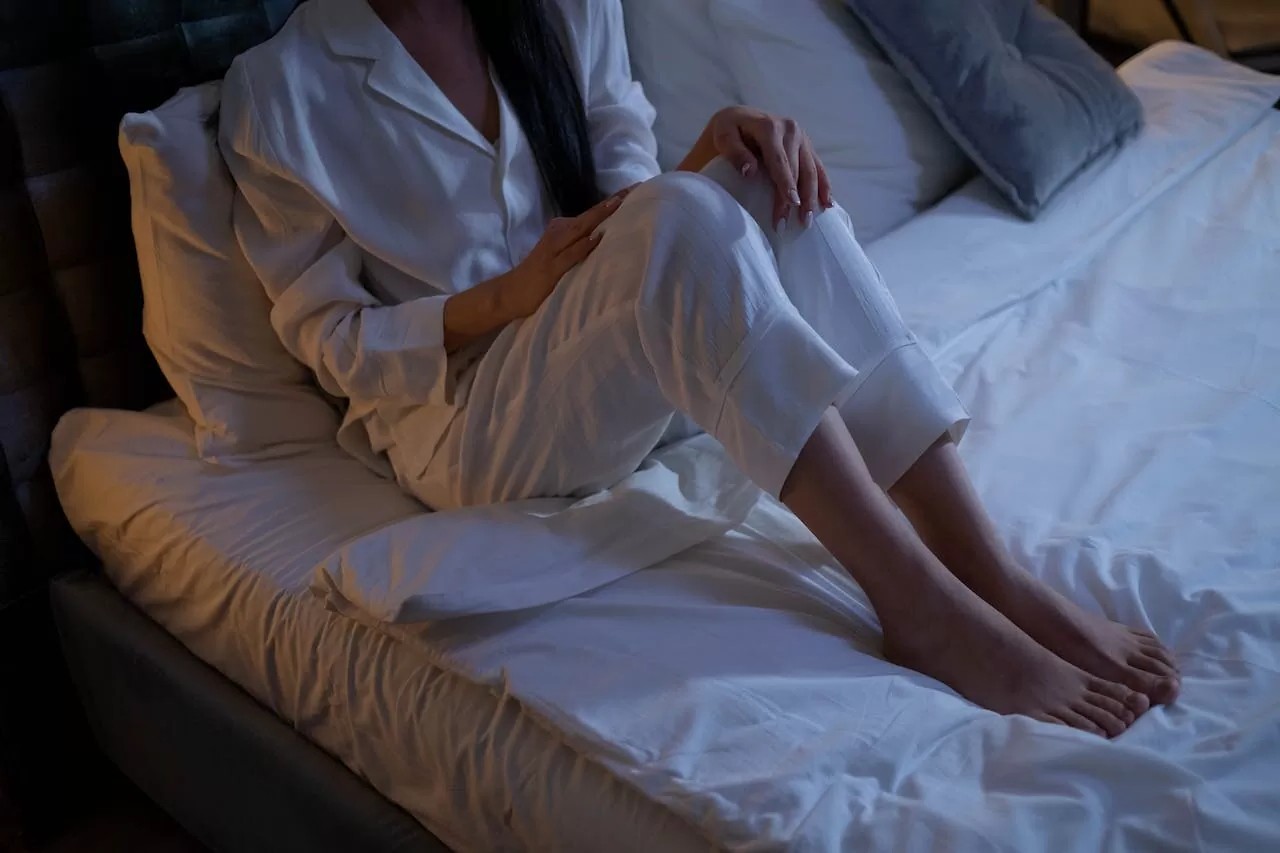
Nocturia is a condition where individuals wake up during the night to urinate. But what causes nocturia? This common issue can stem from various factors, including lifestyle choices, medical conditions, or even the natural aging process. For instance, drinking excessive fluids before bedtime or consuming caffeine and alcohol can lead to nighttime trips to the bathroom. Medical conditions like diabetes, heart disease, or urinary tract infections also play a significant role. Additionally, as people age, their bodies produce less of the hormone that helps concentrate urine, leading to increased urine production at night. Understanding these causes can help manage and potentially reduce nocturia's impact on sleep quality.
What is Nocturia?
Nocturia is a condition where individuals wake up during the night to urinate. This can disrupt sleep and affect overall health. Here are some interesting facts about nocturia that you might not know.
-
Nocturia is common: Many people experience nocturia, especially as they age. It's not just an inconvenience; it can signal underlying health issues.
-
Affects sleep quality: Waking up multiple times at night can lead to poor sleep quality, resulting in daytime fatigue and decreased productivity.
-
Not just for older adults: While more common in older adults, nocturia can affect younger people too, often due to lifestyle factors or medical conditions.
Causes of Nocturia
Understanding what causes nocturia can help in managing it better. Here are some common causes:
-
High fluid intake: Drinking large amounts of fluids, especially before bedtime, can lead to nocturia.
-
Diuretics: Medications that increase urine production, like diuretics, can cause nocturia.
-
Caffeine and alcohol: Both caffeine and alcohol can increase urine production and irritate the bladder, leading to nocturia.
-
Medical conditions: Conditions like diabetes, heart failure, and sleep apnea are linked to nocturia.
Symptoms and Diagnosis
Recognizing the symptoms and getting a proper diagnosis is crucial for managing nocturia effectively.
-
Frequent urination at night: The primary symptom is waking up multiple times to urinate.
-
Large urine volume: Producing a large volume of urine at night can be a sign of nocturia.
-
Daytime fatigue: Feeling excessively tired during the day can be a result of disrupted sleep due to nocturia.
-
Medical evaluation: A healthcare provider can diagnose nocturia through patient history, physical exams, and tests like urinalysis.
Impact on Daily Life
Nocturia can significantly affect daily life. Here’s how:
-
Reduced productivity: Poor sleep can lead to decreased focus and productivity at work or school.
-
Mood changes: Lack of sleep can cause irritability, anxiety, and depression.
-
Increased fall risk: Waking up frequently at night increases the risk of falls, especially in older adults.
-
Social impact: Nocturia can affect social activities and relationships due to fatigue and mood changes.
Treatment Options
There are various treatment options available for managing nocturia. Here are some:
-
Lifestyle changes: Reducing fluid intake before bedtime and avoiding caffeine and alcohol can help.
-
Medications: Certain medications can reduce urine production or treat underlying conditions causing nocturia.
-
Bladder training: Techniques to increase bladder capacity and control can be effective.
-
Medical devices: Devices like CPAP for sleep apnea can reduce nocturia symptoms.
Preventive Measures
Taking preventive measures can help reduce the occurrence of nocturia. Consider these tips:
-
Monitor fluid intake: Keep track of how much and when you drink fluids.
-
Healthy diet: A balanced diet can help manage conditions like diabetes that contribute to nocturia.
-
Regular exercise: Physical activity can improve overall health and reduce nocturia symptoms.
-
Routine check-ups: Regular medical check-ups can help detect and manage conditions that cause nocturia.
Interesting Facts
Here are some lesser-known facts about nocturia that might surprise you:
-
Gender differences: Men and women experience nocturia differently due to anatomical and hormonal differences.
-
Cultural variations: The prevalence and perception of nocturia can vary across different cultures.
-
Historical references: Nocturia has been mentioned in medical texts dating back to ancient times, showing it’s a long-standing issue.
Key Points on Nocturia
Nocturia, the need to wake up at night to urinate, affects many people. It can disrupt sleep, leading to tiredness and impacting daily life. Causes range from lifestyle choices like drinking too much fluid before bed to medical conditions such as diabetes, heart disease, or sleep disorders. Managing nocturia often involves lifestyle changes, like reducing evening fluid intake or adjusting medications. Sometimes, medical treatment is necessary. If nocturia is affecting your sleep, it’s a good idea to talk to a healthcare provider. They can help identify the cause and suggest appropriate treatments. Understanding nocturia is the first step to managing it effectively. By making small changes and seeking medical advice when needed, you can improve your sleep and overall quality of life. Don’t let nocturia keep you up at night—take steps to address it and get the rest you need.
Was this page helpful?
Our commitment to delivering trustworthy and engaging content is at the heart of what we do. Each fact on our site is contributed by real users like you, bringing a wealth of diverse insights and information. To ensure the highest standards of accuracy and reliability, our dedicated editors meticulously review each submission. This process guarantees that the facts we share are not only fascinating but also credible. Trust in our commitment to quality and authenticity as you explore and learn with us.
